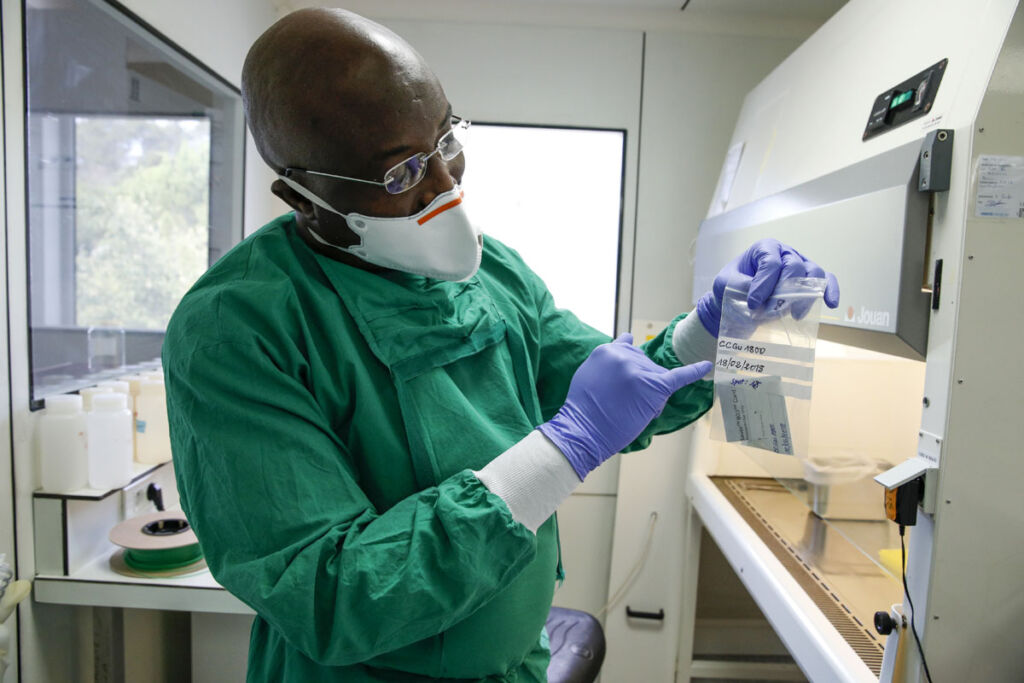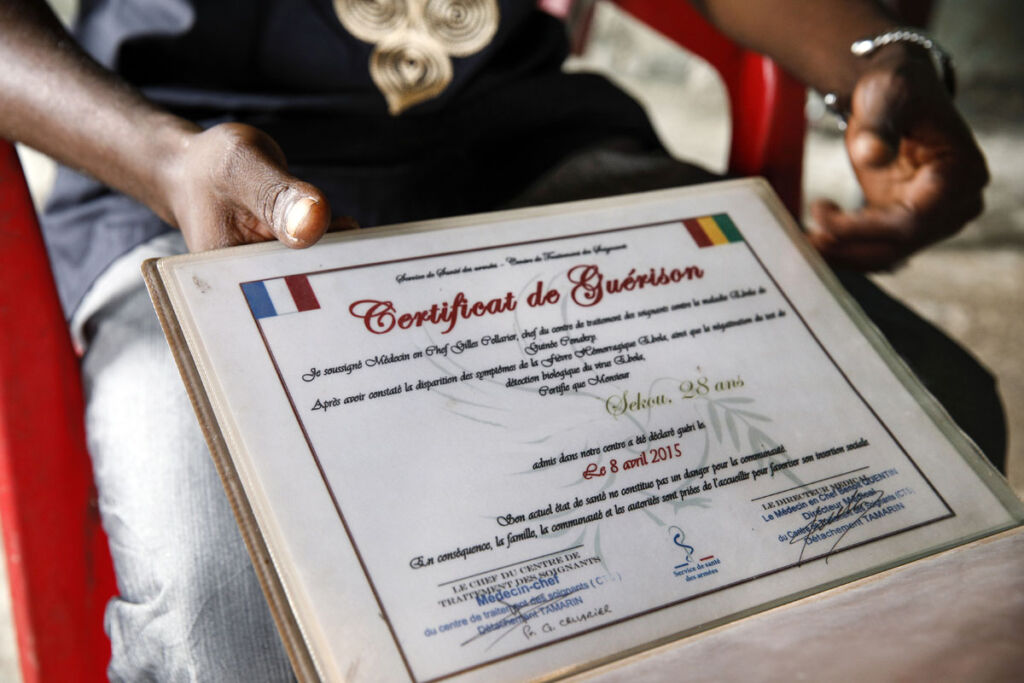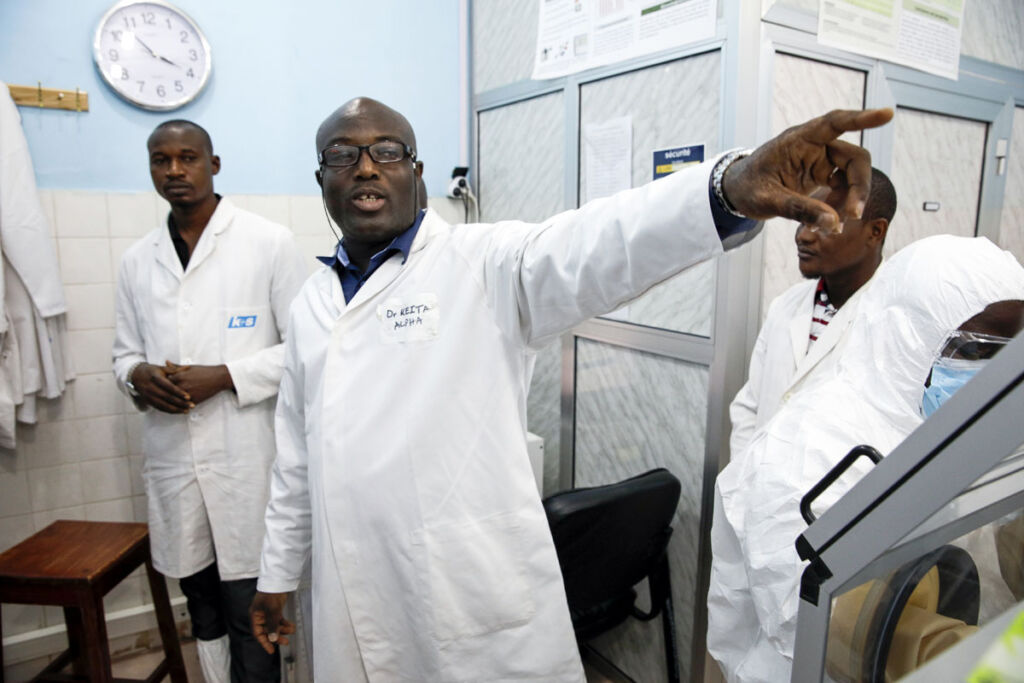# Science at Muse: Long-term effects on Ebola survivors
Welcome to the program co-produced by the University of Montpellier and Divergence-FM, which takes you on a cruise through the laboratories of the Muse archipelago. This week we are heading south to Guinea, which since last February has been facing a new Ebola epidemic, believed to have been caused by the reactivation of the virus in a survivor.
We discuss this with Eric Delaporte and Alpha Keita (live from Conakry), researchers atIRD and authors of a study on long-term forms of Ebola.

On February 14, the WHO declared Guinea the new epicenter of an Ebola outbreak. Located on the Atlantic coast, this French-speaking West African country borders Guinea-Bissau, Senegal, Mali, Ivory Coast, and Sierra Leone. In 2013, an epidemic that also started in Guinea killed more than 11,000 people and left 10,000 survivors with serious after-effects. Before being brought under control in 2016, the virus even attempted to break through in the United States and Europe.
While this resurgence of the disease is not isolated, its origin has surprised the scientific community, as the index patient or patient zero could be a survivor of the previous epidemic in 2013. This represents a paradigm shift in how we view this disease, which is in line with the discoveries published by our two guests. Eric Delaporte is a doctor in the infectious and tropical diseases department at Montpellier University Hospital and a researcher atthe Research Institute for Development. Alpha Keita is also a virologist at IRD and will speak to us live from Conakry, where his research is currently taking him.
Both are members of the TransVIHMI team, led by Eric Delaporte. This research unit brings together numerous HIV specialists and, for several years now, Ebola specialists. Together, on February 22, they published an article in the journal Clinical Infectious Diseases highlighting the existence, in the Post-Ebo-Gui cohort, of long-term forms of Ebola with symptoms still present in some survivors four years after their infection. The study is the result of a collaboration betweenInserm,IRD, the Universities of Montpellier and Conakry, and the Guinean laboratory Cerfig.


For more information:
- Press release from Inserm
- Study: Mamadou Saliou Kalifa Diallo, Abdoulaye Toure, Mamadou Saliou Sow, Cécé Kpamou, Alpha Kabinet Keita, Bernard Taverne, Martine Peeters, Philippe Msellati, Thierno Alimou Barry, Jean-Francois Etard, René Ecochard, Eric Delaporte, Understanding the long-term evolution and predictors of sequelae of Ebola virus disease survivors in Guinea: A 48-month prospective, longitudinal cohort study (PostEboGui), Clinical Infectious Diseases, 2021;, ciab168.
Science is fun, you've got the ticket, let's go!
Co-production: University of Montpellier/Divergence-fm
Host: Lucie Lecherbonnier
Interview: Aline Périault/ Lucie Lecherbonnier
Production: Adeline Flo’ch
Listen to the program “A LUM LA SCIENCE” on Divergence FM 93.9
